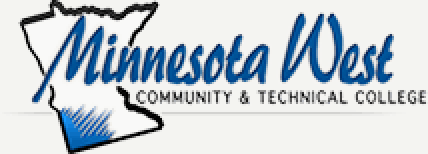SOC 2225 Abuse in Society
SOC 2225: Abuse in Society
Description
Abuse in Society reviews the historical, cultural, and general perspectives of abuse. Assesses the ideals, functions, stresses, and trends of abuse that result in suicides and homicides where victims tend to be women, children, and older adults. Topics include child abuse, bullying, domestic violence, abusive relationships, legal and ethical issues, and possible solutions to abuse in society.
Credits
3
Prerequisite
None
Corequisite
None
Topics to be Covered
1. Examines the history and cultural abuses in society
2. Mental health
3. Public health
4. Diversity
5. Child abuse
6. Bullying
7. Domestic violence,
8. Abusive relationships
9. Abuse by clergy and sports
10. Legal and ethical issues
11. Possible responses and solutions
Learning Outcomes
1. Student Learning Outcomes Describe and give examples of how abuse in society is an issue
2. Describe and provide examples that abuse exists in a variety of societal norms (i.e. comparison of ethnic groups).
3. Identify predictable life stages and risk of abuse.
4. Differentiate situational, transitional, and social/cultural origins of abuse.
5. Identify the connection between the origin of abuse and its resolution.
6. Describe the cultural and structural attitudes and behaviors influencing conditions of life.
Credit Details
Lecture: 3
Lab: 0
OJT: 0
MnTC Goal Area(s): Goal Area 05 - History and the Social and Behavioral Sciences, Goal Area 09 - Ethical and Civic Responsibility
Minnesota Transfer Curriculum Goal Area(s) and Competencies
Goal Area 05: History and the Social and Behavioral Sciences
1. Employ the methods and data that historians and social and behavioral scientists use to investigate the human condition.
2. Examine social institutions and processes across a range of historical periods and cultures.
3. Use and critique alternative explanatory systems or theories.
4. Develop and communicate alternative explanations or solutions for contemporary social issues
Goal Area 09: Ethical and Civic Responsibility
1. Examine, articulate, and apply their own ethical views.
2. Understand and apply core concepts (e.g., politics, rights and obligations, justice, liberty) to specific issues.
3. Analyze and reflect on the ethical dimensions of legal, social, and scientific issues.
4. Recognize the diversity of political motivations and interests of others.
5. Identify ways to exercise the rights and responsibilities of citizenship.
